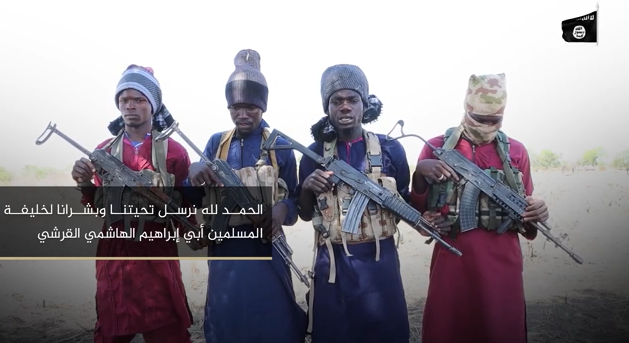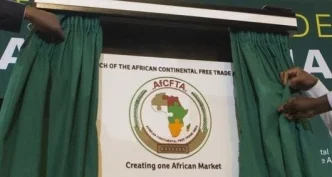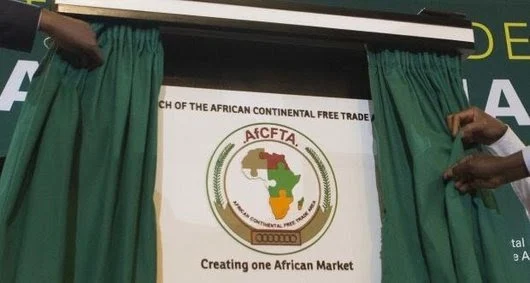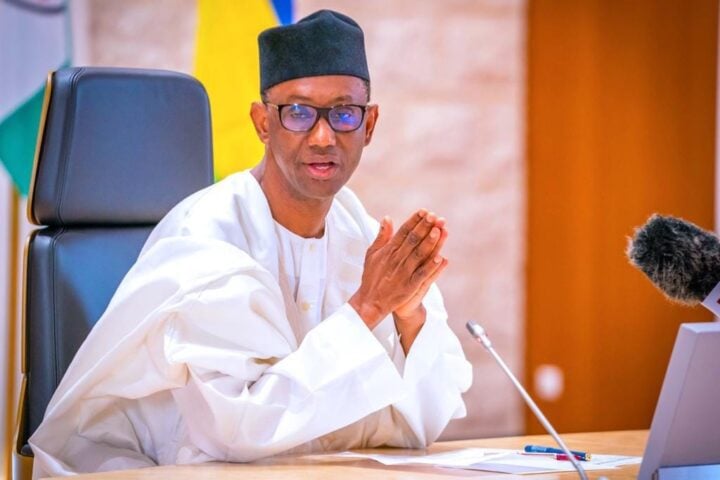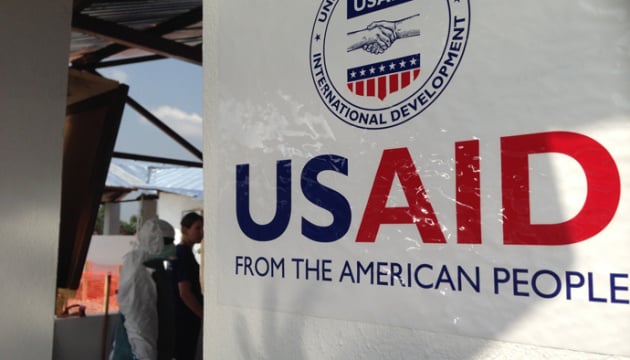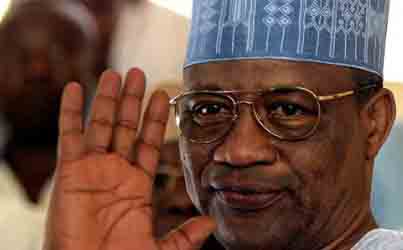BY OLUFEMI ADUWO
The Nigerian government has recently been exultant over what it purports to be a significant breakthrough in unmasking Boko Haram’s financial backers. However, this triumphalism appears more akin to political posturing than a substantive counterterrorism success. The enthusiasm derives from a statement made by United States Senator Scott Perry, yet a rigorous analysis exposes the fallacies underlying the government’s conclusions.
Senator Perry, a Republican and retired military officer, possesses an intricate understanding of global counterterrorism dynamics. He is cognisant that under President George W. Bush, the United States initiated military campaigns in Afghanistan and Iraq, thereby reshaping international security paradigms. However, his allusion to USAID operations under the Barack Obama and Joe Biden administrations is misleading. USAID has existed for over six decades and was extensively deployed during the Bush administration to support humanitarian efforts in Iraq and Afghanistan.
If the organisation was indeed implicated in any dubious affiliations, such engagements would not have originated under Democratic administrations. It is highly improbable that the United States government would furnish intelligence to substantiate Perry’s assertions. President Donald Trump was undoubtedly aware that Perry’s remarks were politically motivated, crafted for a domestic audience rather than constituting an informed assessment of Nigeria’s security landscape. Furthermore, as a sitting senator, Perry enjoys legislative immunity and cannot be legally compelled to elaborate on his claims.
Advertisement
The fundamental issue is not Perry’s statement per se but rather the Nigerian government’s credulous response. Relying on an equivocal foreign pronouncement, rather than intelligence meticulously collated through its own security apparatus, exposes a distressing paucity of strategic depth. If, after more than a decade of combating Boko Haram, Nigerian security agencies remain incapable of tracing the insurgency’s financial arteries, it signals an abject failure of the nation’s security architecture. Instead of leveraging its indigenous intelligence capabilities, the government has latched onto an offhand remark made abroad, thereby laying bare its glaring ineptitude.
This deficiency is rendered even more egregious when juxtaposed with past intelligence findings. Several years ago, six Nigerians were apprehended in Dubai for channelling funds to Boko Haram. These individuals are presently incarcerated in the United Arab Emirates for facilitating financial transactions to sustain the terrorist organisation. Two principal actors, Surajo Abubakar Muhammad and Saleh Yusuf Adamu, received life sentences, while four others were sentenced to ten years’ imprisonment. Between 2015 and 2016, these operatives facilitated the transfer of $782,000 from Dubai to Nigeria to bolster Boko Haram’s operations.
In March 2022, then-minister of information, Lai Mohammed, proclaimed that the federal government had identified 96 Boko Haram financiers. Notably, USAID was absent from the list. Yet, no substantive details have since emerged, nor has any actionable intelligence been extracted from the convicted financiers in Dubai. This glaring opacity raises profound concerns about Nigeria’s counterterrorism strategy. A senate investigative committee ought to summon Lai Mohammed and all security chiefs from that period to account for their assertions and disclose the status of these 96 purported financiers.
Advertisement
Predictably, any such parliamentary inquiry will likely be conducted behind closed doors. As is customary, security and intelligence officials will proffer vague assurances, recycle bureaucratic platitudes, and orchestrate a charade before lawmakers. They will insist that proactive measures are being undertaken, yet once media scrutiny dissipates, the matter will almost certainly be consigned to oblivion.
Historical precedent has demonstrated that analogous parliamentary investigations in Nigeria yield negligible substantive progress. Moreover, some USAID personnel I encountered years ago held diplomatic status. Crucially, USAID has since shuttered its offices in Nigeria.
Another disquieting dimension is the military’s policy of reintegrating so-called ‘repentant’ Boko Haram militants into society. Thousands of former insurgents have ostensibly undergone deradicalisation, yet scant empirical evidence suggests they have provided consequential intelligence to dismantle Boko Haram’s operational framework.
Have these erstwhile combatants identified financial sponsors, arms suppliers, or transnational facilitators? Have they exposed recruitment networks and logistical conduits? If not, then the entire reintegration initiative is not only futile but potentially deleterious, affording Boko Haram an avenue to regenerate its operational capabilities.
Advertisement
The battle against Boko Haram is not merely a military engagement; it is, first and foremost, an intelligence war. Success hinges upon tracing terrorist finances, cultivating robust human intelligence networks, and forging formidable alliances with international security partners. The government’s excessive preoccupation with Senator Perry’s comments underscores a disconcerting reliance on external narratives rather than intelligence-driven strategies.
No foreign power will assume responsibility for Nigeria’s security. It is incumbent upon the nation’s intelligence agencies to adopt a proactive, methodical approach rather than reacting impetuously to extraneous statements.
The era of vacuous political pronouncements must cease. The government must prioritise substantive intelligence gathering, enhance inter-agency coordination, and implement stringent oversight mechanisms to hold officials accountable. Security operatives must eschew superficial gestures in favour of decisive, results-oriented actions aimed at dismantling Boko Haram’s operational networks.
Absent a paradigm shift in counterterrorism strategy, Nigeria will remain ensnared in an interminable cycle of insurgency, with calamitous repercussions for national stability and countless innocent lives.
Advertisement
Olufemi Aduwo, the permanent representative of CCDI to the United Nations, can be contacted at [email protected]
Advertisement
Views expressed by contributors are strictly personal and not of TheCable.
Add a comment
